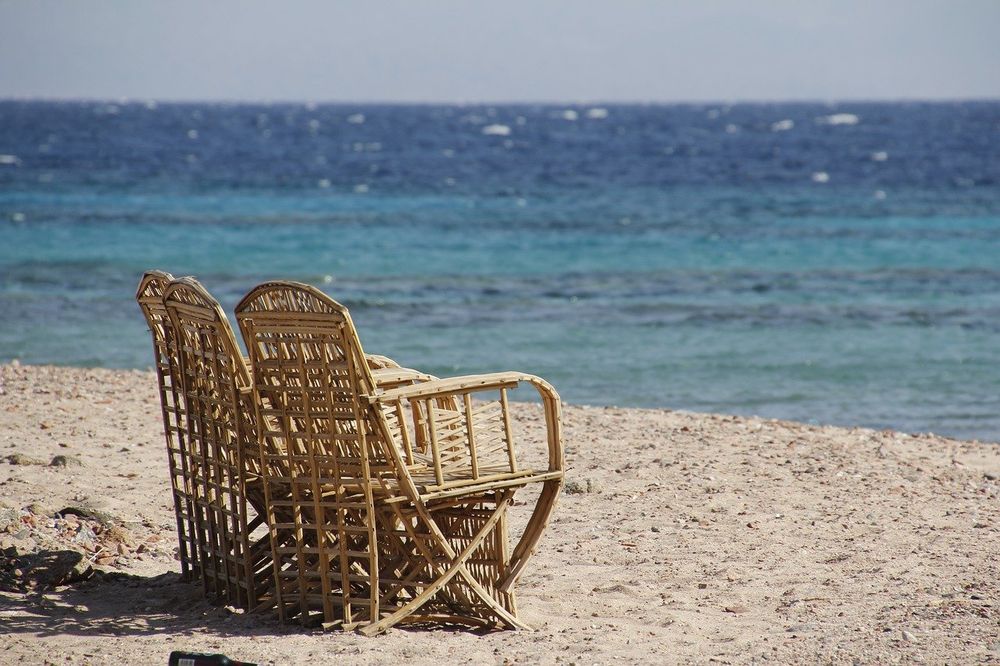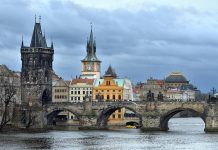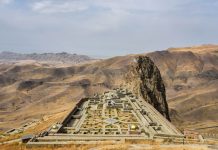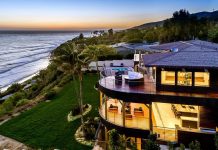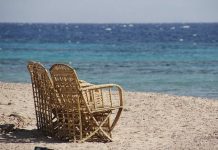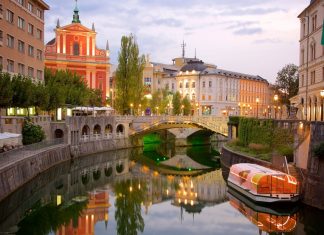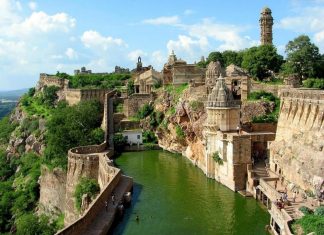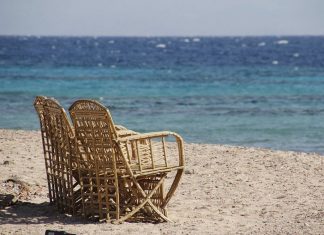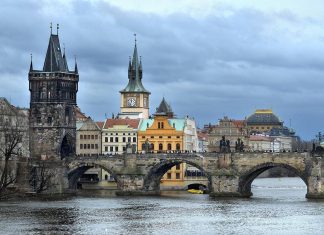Tuvalu is one of the world’s smallest (total land area of just 26 km2. and a population of just 8,000) and most isolated island nations. This unspoilt conrner of the Pacific offers a peaceful and non-commercialized environment that is ideal for rest and relaxation.
Yet it is this smallness and isolation which is part of its attraction. Its nine atolls on which the Tuvaluans, direct descendants of the ancient Polynesians live, provide the kind of solace a person looking for somewhere to really escape the pressures of the outside world is seeking. You will discover a distinctive social Polynesian culture of attoll island people who vigourously maintain their unique social organisation, art, crafts, architecture, music, dance and legends.
The spectacular marine environment consisting of a vast expanse of ocean interpersed with atolls, magnificent lagoons, coral reefs and small islands all provide a unique South Seas ambience. The capital and largest city is Fongafale .
Subsistence farming and fishing are the mainstays of the economy, with copra the chief cash crop for export. The smallness and remoteness of the islands hinder the development of a tourist industry. The sale of postage stamps and coins accounts for the largest portion of the country’s income. Other substantial income is received through a trust fund established in 1987 by Australia , New Zealand , and the United Kingdom .
The population is primarily Polynesian and about 98% Protestant; most are members of the Church of Tuvalu , a Congregationalist denomination. The government consists of a governor-general representing the British crown, a prime minister and cabinet, and a unicameral elected parliament.
The Spanish were the first Europeans to see the islands in the 1500s. However, in 1819 an American ship captain, De Peyster, named the main island in the group Ellice’s Island after a British politician who owned the cargo aboard his ship. In 1841, the U.S. Exploring Expedition commanded by Charles Wilkes visited three of Tuvalu’ s islands and welcomed visitors to his ships. Other early interactions with the outside world were far less benign–in 1863, hundreds of people from the southern islands were kidnapped when they were lured them aboard slave ships with promises that they would be taught about Christianity. Those islanders were forced to work under horrific conditions in the guano mines of Peru .
Eventually, the islands came under Britain’ s sphere of influence as the Pacific was divided up in the late 19th century. The Ellice Islands were administered by Britain as part of a protectorate (1892-1916) and as part of the Gilbert and Ellice Islands Colony (1916-74).

